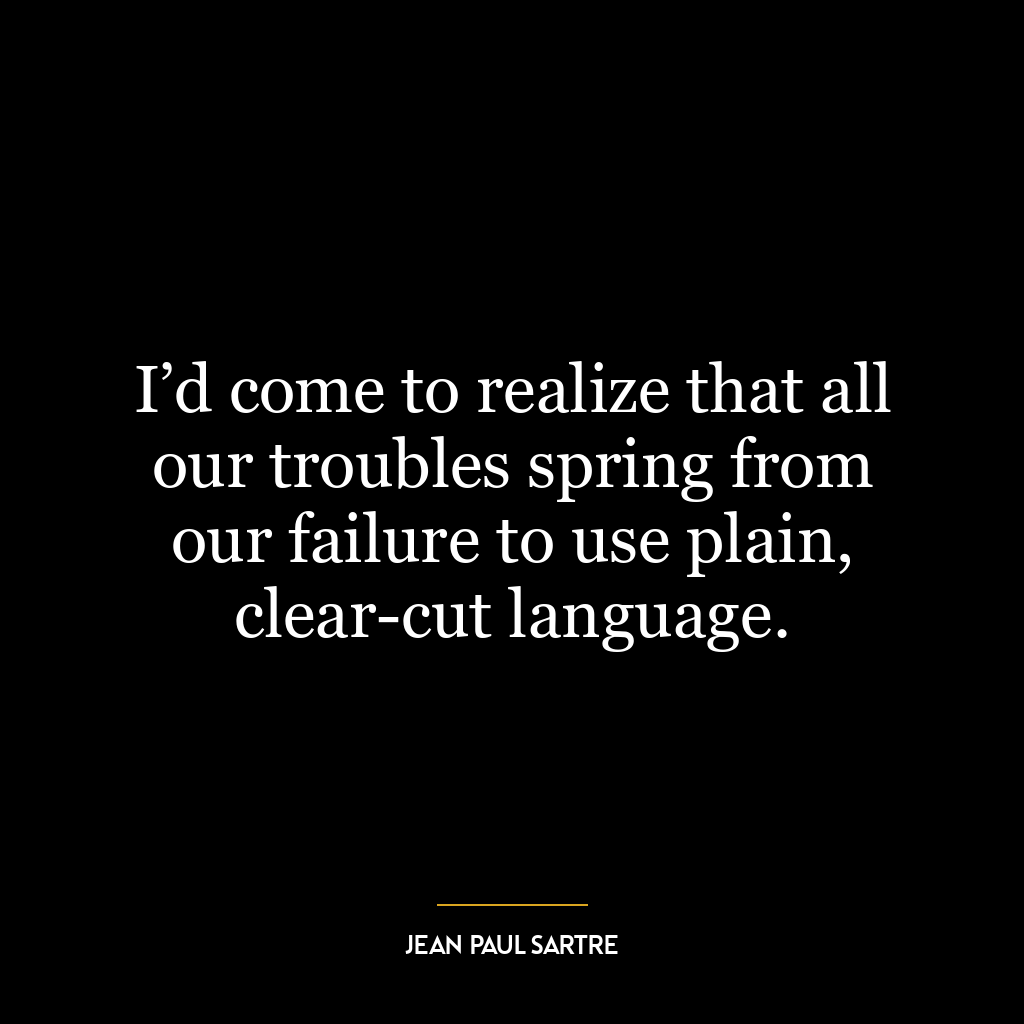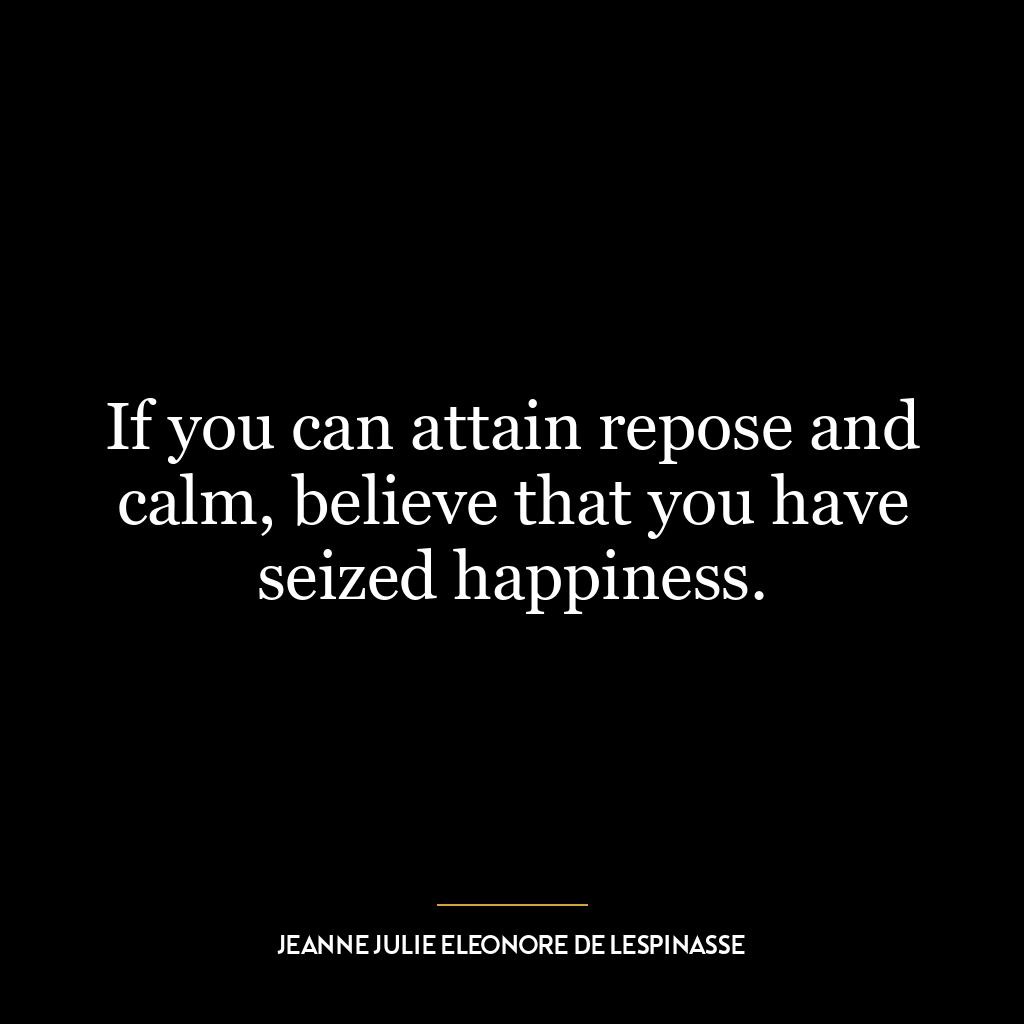He who, calm and clear as the moon, hankers no more for continuity-he is holy.
This quote reflects the Buddhist philosophy of detachment and peace. The moon is often a symbol of calm, clarity, and serenity in many cultures. Here, it represents a state of mind that’s free from agitation, confusion or disturbances. When one reaches such tranquility, they no longer yearn for continuity or permanence.
In Buddhism, the concept of impermanence is key – nothing lasts forever and everything is subject to change. This can be seen in every aspect of life: seasons change; relationships evolve; we grow older each day; even our thoughts and emotions are transient.
The phrase “hankers no more for continuity” means to stop desiring constancy or stability in life which often leads to suffering when things inevitably change or end. It’s about accepting the natural flow of existence without trying to hold onto things as they are.
The person who achieves this state is described as ‘holy’, embodying wisdom and enlightenment according to Buddhist beliefs. They have transcended worldly attachments and desires that cause suffering (dukkha) by recognizing the inherent impermanence (anicca) in all things.
Applying this idea today could mean embracing changes instead of resisting them whether it’s in personal relationships, career paths or lifestyle choices. It might also involve practicing mindfulness – being fully present without judgment – so we can appreciate each moment as it comes without clinging onto it when it passes.
In terms of personal development, this quote encourages us not just accept but find peace within transience which can lead us towards happiness regardless what life throws at us because we’re no longer dependent on external circumstances for our inner peace.
It could also mean finding balance between striving for goals (which implies a desire for certain outcomes) while staying detached from results – an approach that can reduce stress & anxiety related with success/failure dichotomy while enhancing overall well-being & satisfaction with life as whole irrespective how certain events turn out.
In essence, this quote is about achieving a state of mind where one is neither attached to the past nor anxious about the future, and can live fully in the present moment.















